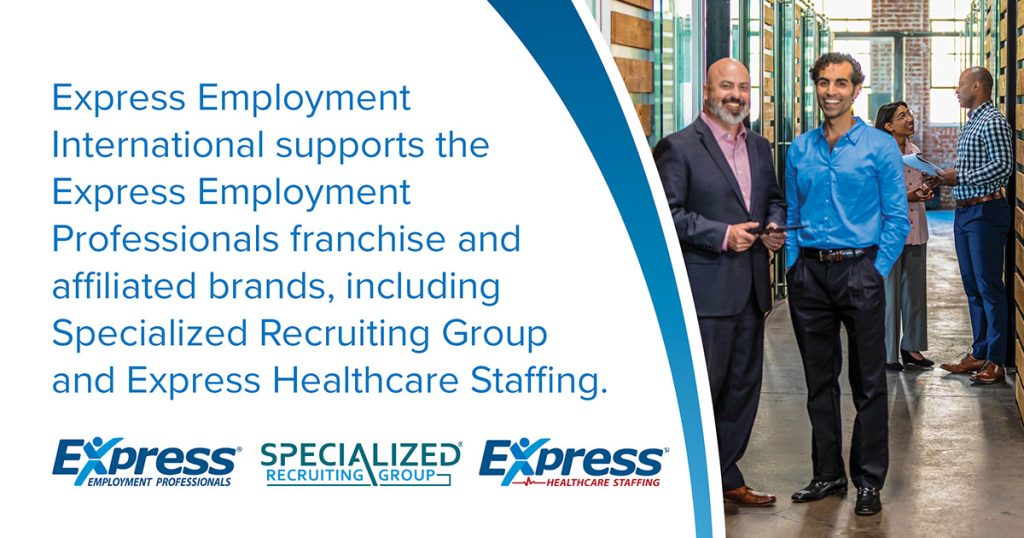
Workplace honesty is more than a preference for hiring managers and job seekers in North America; it’s a fundamental value that shapes relationships and drives success in today’s professional landscape.
While most people are generally honest, according to a study that shows 75% of participants only tell up to two lies a day, honesty is about more than telling the truth. Honest behavior can be summed up in four facets, according to an article in the Academy of Management Annals:
- Intellectual – Forming accurate beliefs
- Content – Sharing those beliefs truthfully
- Disclosure – Providing sufficient communication with relevant information
- Delivery – Allowing listeners to accurately understand the message
Honesty’s Value in the Workplace
Honesty is key to effective manager-employee relationships. Sixty-one percent of U.S. hiring managers and 58% of Canadian hiring managers say employees’ ability to be honest with them is absolutely essential to their ability to be a good manager, according to a recent Express Employment Professionals-Harris Poll survey.
When employees can speak with honesty, hiring managers say the work environment can thrive in these areas:
- Employee morale increases (58% U.S.; 66% Canadian)
- Productivity increases (53% U.S.; 56% Canadian)
- Employees are loyal to the company (51% U.S.; 60% Canadian)
Fewer conflicts/disagreements, decreased turnover, and more accountability are additional positive effects seen by hiring managers, according to the survey. Companies largely believe they have created space for employees to be honest. Ninety-five percent of American companies and 96% of Canadian companies say their employees are able to speak honestly with anyone at their company about their concerns or issues.
Too Much Honesty Isn’t Always the Best Policy
A culture of honesty at work can strengthen coworking relationships, build trust, and improve loyalty and productivity. But, being too honest or oversharing can be just as problematic as not being honest enough. Setting and upholding solid personal boundaries is key to preventing being too honest and helping your team adhere to the workplace norms expected of your company.
More than half (54%) of U.S. hiring managers and 50% of Canadian hiring managers disagree that employees can never be “too honest at work,” according to the Express-Harris survey. Behaviors considered too honest include sharing colleagues’/peers’ personal information or too much of their own personal information, criticizing the company or peers, gossiping or spreading rumors, and venting about colleagues or tasks.
Being too honest will damage an employee’s professional reputation, according to 65% of U.S. and 62% of Canadian hiring managers.
Encouraging and practicing honesty at work can create positive employee experiences and benefit productivity and employee loyalty.
To provide accurate and timely employment forecasts for business leaders, Express Employment Professionals commissions an ongoing Job Insights survey to track employment and hiring trends across a wide range of industries.
The survey was conducted online within the United States by The Harris Poll on behalf of Express among 1,003 U.S. hiring decision-makers from May 16 to June 3, 2024. The survey was conducted online within Canada by The Harris Poll on behalf of Express among 504 Canadian hiring decision-makers from May 16 to June 3, 2024.
